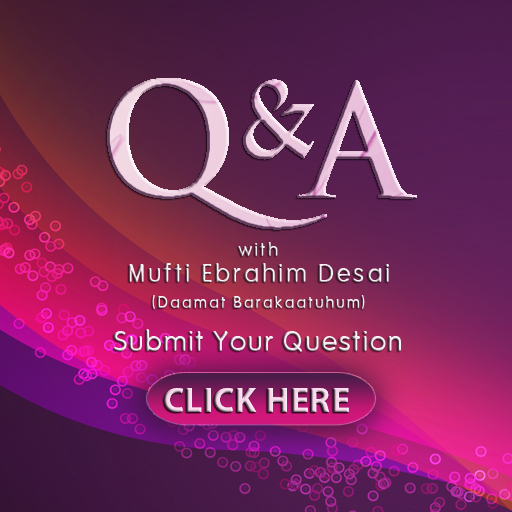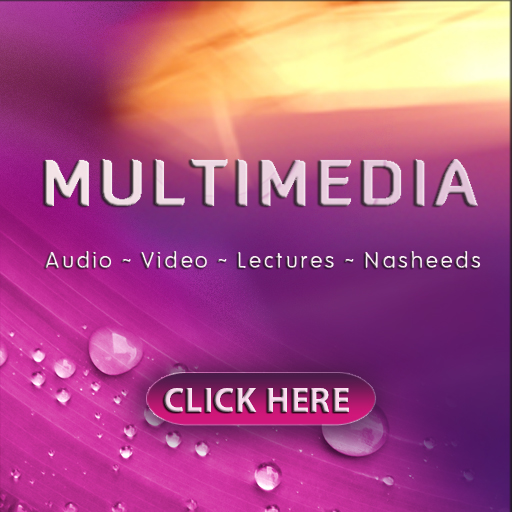
Question:
What does islam say about the etiquettes of visiting, is it from the sunnah that you have to seek permission before you visit or meet or someone? Secondly can one do any doa in ruku and sajda (after the tasbih) in fardh prayers?
Answer:
In the Name of Allah, the Most Gracious, the Most Merciful.
As-salāmu ‘alaykum wa-rahmatullāhi wa-barakātuh.
If one has an informal and close relationship with someone, then one does not need to seek permission from him before visiting him. In that case when one visits the person he has an informal relationship with, the person reserves the right to meet or not. Generally, people facilitate such people due to the informal and close relationship.
If one does not have an informal and close relationship, it is advisable to seek permission from the person before visiting him. This is due to the personal circumstances of people. One should not visit people unexpectedly as that may inconvenience people and put them in difficulty.
Consider the following teaching of Rasullulah (Sallallahu Alaihi Wasallam):
وعن أبي موسي الأشعري رضي الله عنه قال: قال رسول الله صلى الله عليه وسلم الاستئذان ثلاث، فإن أذن لك وإلا فارجع (Muwatta- Malik/ Book 54, Hadith 2) (Jami At-Tirmidhi/ Book 42, Hadith 4)
Translation: Abu Musa Al-Ash’ari (May Allah be pleased with him) reported: The Messenger of Allah Ta’ala said, Permission is to be sought thrice. If it is accorded, you may enter, otherwise, go back.”
2) In Nafl Salaah, one may recite any dua (from authentic books) any amount of times during Ruku and Sajdah. However, in Fardh Salaah, it is a Sunnah of the Salaah that a person recites “Subhana Rabiyal Azeem” three times in ruku and “Suhana Rabiyal Alaa” three times in the sajdah position[i].
And Allah Ta’ala Knows best
Checked and Approved by,
Mufti Ebrahim Desai.
البناية شرح الهداية (2/ 225) [i]
ذا ركع أحدكم فقال في ركوعه: سبحان ربي العظيم ثلاث مرات فقد تم ركوعه، وذلك أدناه، وإذا سجد فقال في سجوده: سبحان ربي الأعلى ثلاث مرات فقد تم سجوده وذلك أدناه»
مراقي الفلاح شرح نور الإيضاح (ص: 99)
أي الركوع “ثلاثا” لقول النبي صلى الله عليه وسلم: “إذا ركع أحدكم فليقل ثلاث مرات سبحان ربي العظيم وذلك أدناه وإذا سجد فليقل سبحان ربي الأعلى ثلاث مرات وذلك أدناه” أي أدنى كماله المعنوي وهو الجمع المحصل للسنة
المرقاة شرح مقدمة الصلاة (ص: 49)
سبحان ربي الأعلى ثلاث مرات فقد تم سجوده وذلك أدناه) في سنن الترمذي 2: 47، والسنن الصغرى 1: 268، وسنن أبي داود 1: 234، وغيرها.
المشكاة في أحكام الطهارة والصلاة والزكاة (ص: 249)
تسبيح الركوع والسجود ثلاثاً، وهذا أدنى كمال السنة أو الفضيلة(1)، فعن ابن مسعود – رضي الله عنه -، قال – صلى الله عليه وسلم -: (إذا ركع أحدكم فقال في ركوعه: سبحان ربي العظيم ثلاث مرات فقد تم ركوعه، وذلك أدناه، وإذا سجد فقال في سجود: سبحان ربي الأعلى ثلاث مرات فقد تم سجوده وذلك أدناه)
فتح القدير – ط. الفكر (1/ 298)
إذا ركع أحدكم أخرج أبو داود والترمذي وابن ماجه عنه عليه الصلاة والسلام إذا ركع أحدكم فليقل ثلاث مرات سبحان ربي العظيم وذلك أدناه وإذا سجد فليقل سبحان ربي الأعلى ثلاث مرات وذلك أدناه لفظ أبي داود وابن ماجه




No Comments
Leave a Reply